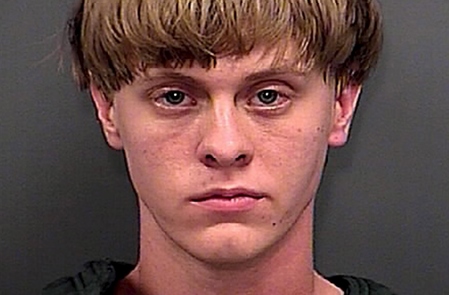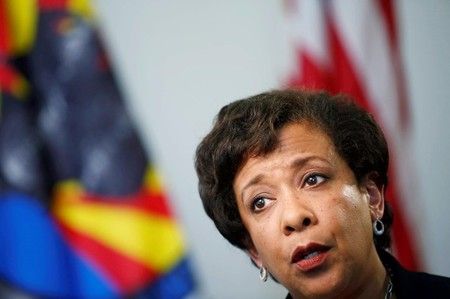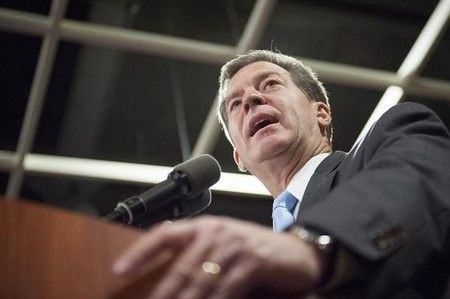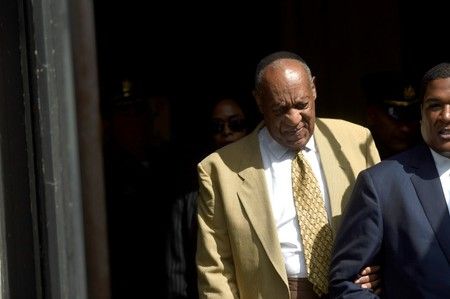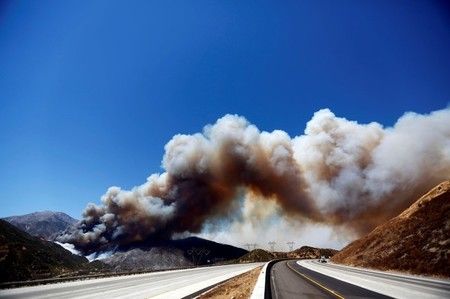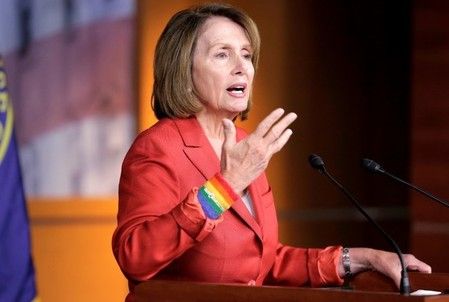Advertisement
Charleston church shooter seeks trial by court instead of jury
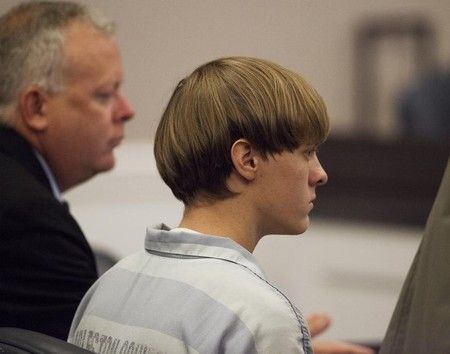
(Reuters) – The white man accused of killing nine black parishioners in a racially motivated attack at a church in South Carolina a year ago said on Thursday he would like to waive his right to a jury trial, opting instead to be tried and sentenced by the court.
The court filing said federal prosecutors, who are seeking the death penalty against Dylann Roof over the June 17, 2015, killings, will object to the move. The attack occurred during a Bible study session at Charleston’s historic Emanuel African Methodist Episcopal Church.
“Counsel for the government has informed defense counsel that the government will not consent to waive jury at either stage of this case,” the filing by Roof’s attorneys said.
The filing did not indicate why Roof wants to waive his right to jury trial.
Representatives for the prosecutors in the case could not immediately be reached for comment.
On Tuesday, U.S. District Judge Richard Gergel set a date of Nov. 7 for the federal trial against Roof to begin. A state capital punishment trial is also scheduled for January.
Roof, 22, faces different charges in each case. State prosecutors charged him with murder and attempted murder, while federal prosecutors charged him with 33 counts including hate crimes, obstruction of religion and firearms offenses.
Jury selection in the state trial is due to start in early December, which could overlap with the federal proceedings. Gergel estimated on Tuesday that jury selection and the guilt and penalty phases of the federal trial could last six weeks.
A number of remembrance events are planned in Charleston, including a Bible study and service at the church as well as a service at the arena where President Barack Obama gave the eulogy for the church’s slain pastor roughly a year ago.
The shooting shook the country and intensified debate over U.S. race relations, which were already roiled by numerous high-profile police killings of unarmed black people.
(Reporting by Curtis Skinner in San Francisco; Editing by Matthew Lewis)


